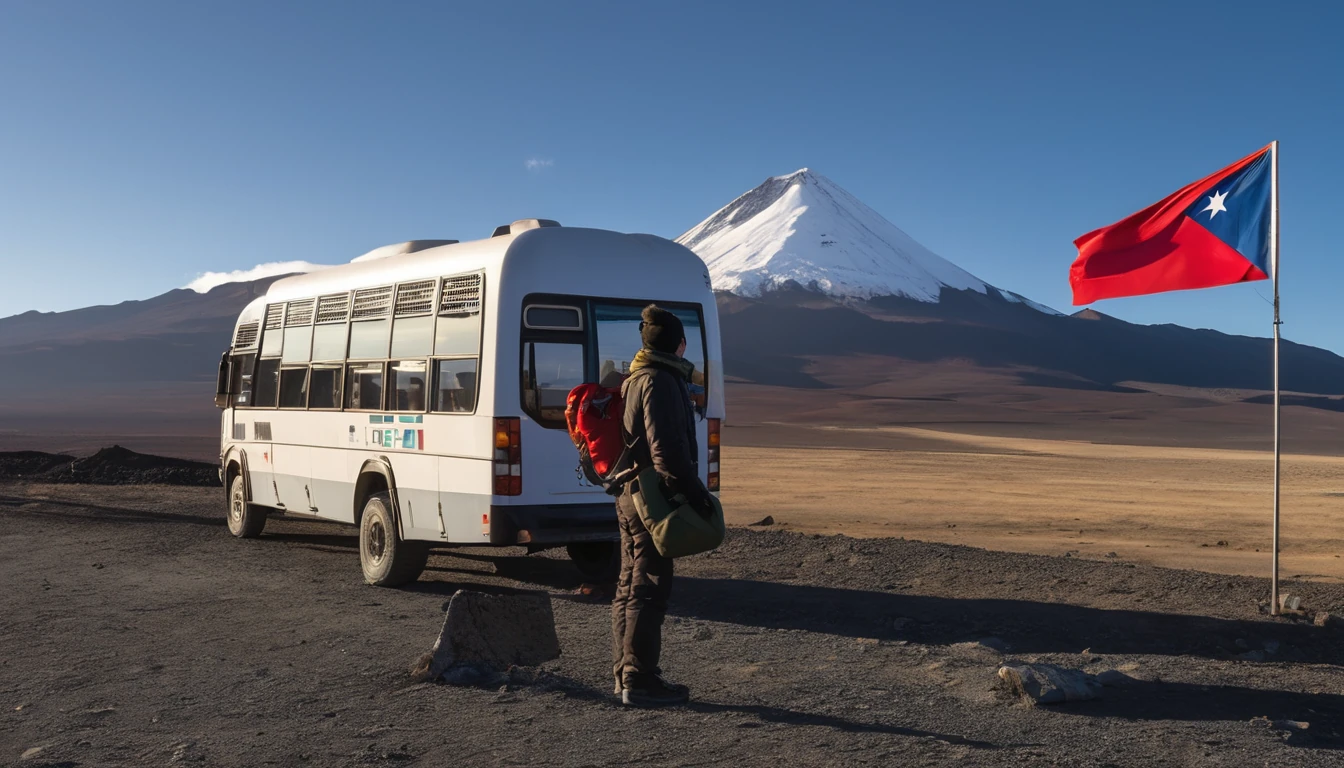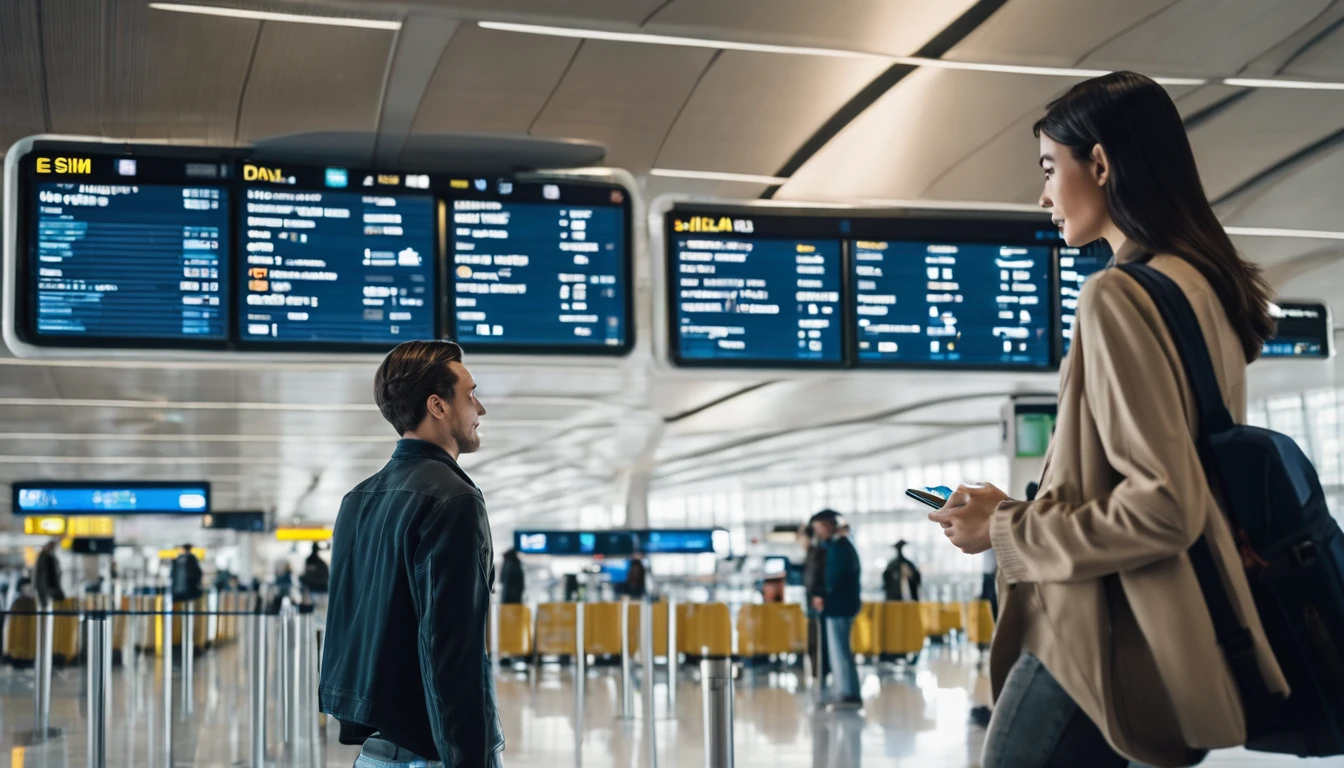Travellers are often surprised to learn that many countries now require “real‑name” registration to activate a local SIM or eSIM. In plain terms: you may need to show ID (usually a passport) and complete a quick form or selfie check before your number works. Other destinations still allow anonymous purchase, especially for data‑only plans. This guide summarises SIM registration by country across 30 of the most-visited destinations, so you know what to expect at the airport kiosk, high‑street shop, or when activating an eSIM in‑app.
We update this list quarterly and link out to the most relevant country and regional guides, including Esim United States, Esim France, Esim Italy, Esim Spain, Esim Western Europe and Esim North America. For everything else, browse all country pages via Destinations.
What is SIM registration?
SIM registration (aka “real‑name registration”) ties a mobile number to an individual using a recognised ID. It usually happens: - At point of sale (airport desk, carrier shop, authorised reseller) - Online or in an app (video KYC, document upload, eID), especially for eSIM
Authorities use it to limit fraud and spam. For travellers, it means carrying your passport and sometimes completing a quick selfie or address check.
Quick prep checklist (save this before you fly)
- Bring your physical passport and one backup photo/scan stored offline.
- Know your accommodation address (hotel is fine) and a reachable email.
- Have a payment method that matches your name (card or digital wallet).
- If you want a local plan on arrival, favour official carrier stores or airport counters for smoother tourist KYC.
- Consider activating an eSIM before departure to skip queues. Regional options like Esim Western Europe and Esim North America cover multi‑country trips.
SIM registration by country: Top 30 (2025)
Notes: - “Need ID?” reflects national rules for prepaid activation; retailers can still choose to verify even in “No” markets. - Requirements can change; use this as a traveller’s quick reference and confirm details in‑country.
Country
Need ID?
Where to register
Accepted documents
Practical notes
United States
No (not mandated)
n/a
n/a
Some carriers may verify identity for fraud prevention. See Esim United States.
Canada
No (not mandated)
n/a
n/a
Retailers may request ID at their discretion.
Mexico
No (registry suspended)
n/a
n/a
The national registry was struck down; keep passport handy just in case.
Brazil
Yes
Carrier store/airport kiosk
Passport; CPF often requested
Tourists can register at major MNO shops; some can assist without a CPF.
United Kingdom
No (not mandated)
n/a
n/a
Some shops may ask for card/ID, but no legal registration for prepaid.
France
Yes
Store or online/app
Passport/EU ID
Keep SIM sleeve/contract; eSIM apps usually prompt for ID. See Esim France.
Spain
Yes
Store or online
Passport/EU ID
Easy at airports and high‑street shops. See Esim Spain.
Italy
Yes
Store or video KYC
Passport
Some sellers request a codice fiscale; shops can generate one. See Esim Italy.
Germany
Yes
Store; Postident/video ID
Passport/EU ID
Online/eSIM often uses video identification.
Portugal
Yes
Store
Passport/EU ID
Some retailers ask for a local tax number (NIF); not always needed for prepaid.
Netherlands
No (not mandated)
n/a
n/a
ID checks may occur for age/fraud, but no nationwide requirement.
Belgium
Yes
Store or online
Passport/eID
Self‑registration portals common; bring passport.
Switzerland
Yes
Store or online
Passport/ID
Hotel address typically accepted for tourists.
Greece
Yes
Store
Passport/EU ID
Register at operator shops or authorised kiosks; keep receipts.
Turkey
Yes
Operator store
Passport
SIMs tied to device IMEI; unregistered devices may be blocked after ~120 days.
Poland
Yes
Store/post office
Passport/EU ID
Registration widely available at convenience stores and post offices.
Ireland
No (not mandated)
n/a
n/a
Operators may do light checks; no statutory prepaid registration.
Japan
Yes (voice); data‑only often no
Store or online
Passport
Data‑only SIMs/eSIMs can be anonymous; voice/SMS requires ID.
South Korea
Yes
Carrier store/airport
Passport; ARC for long stays
Tourist SIM/eSIM desks at major airports streamline KYC.
China (Mainland)
Yes
Carrier service centre
Passport; face photo
Registration is mandatory before activation. Bring passport in person.
Hong Kong
Yes
Online portal or store
Passport/HKID
Complete real‑name registration or the line will be suspended.
Singapore
Yes
Telco shop/retailer
Passport
Max 3 prepaid lines per person.
Malaysia
Yes
Store
Passport
Photo capture/biometric checks common at POS.
Thailand
Yes
Operator counter
Passport
Expect a quick photo capture with your passport.
Vietnam
Yes
Operator store
Passport
Address and photo usually required; use official shops.
Indonesia
Yes
Operator outlet
Passport
Locals use NIK/KK; tourists must register at a provider outlet.
Philippines
Yes
Online portal
Passport
Register within the stated window under the SIM Registration Act.
India
Yes
Store
Passport + visa
eKYC at carrier stores; a local contact/address may be requested.
Australia
Yes
Online or store
Passport (visitors)
Identity check is mandatory for activation.
New Zealand
No (not mandated)
n/a
n/a
Some sellers may request ID; no nationwide rule as of 2025.
Country and regional guides: Esim United States, Esim France, Esim Italy, Esim Spain, Esim Western Europe, Esim North America, and the full index at Destinations.
How to buy and register smoothly (step‑by‑step)
- Decide eSIM vs physical SIM - Single or multi‑country trip? Consider Esim Western Europe or Esim North America. - Need calls/SMS? Some markets (e.g., Japan) require ID only for voice—data‑only eSIMs are simpler.
- Prepare documents - Keep your passport ready; jot down your hotel address and a local contact (hotel desk works).
- Choose the right channel - Airport carrier counters and flagship stores handle tourist KYC fastest. - For eSIM, complete the in‑app KYC with good lighting for any selfie/ID scan.
- Complete registration - Follow staff guidance or app prompts. Don’t leave until you’ve made a test call or used data.
- Keep proof - Save the receipt, SIM sleeve, QR code/eSIM email, and any confirmation SMS for the duration of your trip.
Pro tips from frequent travellers
- Arriving late? Pre‑activate an eSIM before you fly so you have data for ride‑hailing and maps on landing.
- Airport vs city: Airport kiosks are efficient but sometimes pricier than city shops; decide what you value more—speed or price.
- Brazil and Turkey specifics: Use official carrier stores; they’re set up for foreigner KYC and can explain CPF/IMEI rules.
- UK/US/Mexico: Even where registration isn’t mandated, keep your passport and a payment card handy in case a retailer requests verification.
- Keep it simple for teams: If you’re coordinating for a group or staff, consider centrally managed plans. See For Business. If you’re a reseller or TMC, explore our Partner Hub.
When an eSIM helps vs when it doesn’t
- Helps:
- Short trips where you want instant data without visiting a shop.
- Anonymous data‑only allowed (e.g., many Japan MVNO data plans).
- Multi‑country itineraries covered by regional products like Esim Western Europe.
- Doesn’t help:
- Markets requiring in‑person KYC before activation (e.g., China), or where tourist eSIMs still need document upload.
- When you specifically need local voice/SMS and the operator mandates full ID.
FAQ
- Do I always need a passport to buy a SIM?
- No. Some countries don’t mandate registration (e.g., US, UK, Mexico, Netherlands, New Zealand). That said, many sellers still prefer to see ID. When ID is required, a passport is the safest bet for travellers.
- Can I register online for an eSIM instead of visiting a shop?
- Often yes. Many European operators support video ID or document upload for eSIM activation (e.g., Germany, France, Italy, Spain). In some markets (e.g., China), you’ll still need to visit a carrier store.
- How long does registration take?
- In store: 5–15 minutes at airport counters, sometimes longer in city shops. Online/app KYC: usually 2–10 minutes if your photos are clear and documents match.
- What if I don’t have a local address yet?
- A hotel address is typically acceptable. If asked for a contact number, use the hotel’s front desk.
- Will my phone get blocked if I use a local SIM?
- Only in certain markets with IMEI controls (notably Turkey). Tourists can use their phones for a limited period (commonly around 120 days) without registering the device. This does not affect roaming on your home SIM.
- Is roaming on my home SIM affected by these rules?
- No. Real‑name rules apply to activating local SIMs/eSIMs. Roaming with your existing SIM works as normal, subject to your home carrier’s rates.
Next step: Plan your connectivity per stop with our country pages and regional eSIMs. Start with Destinations.




